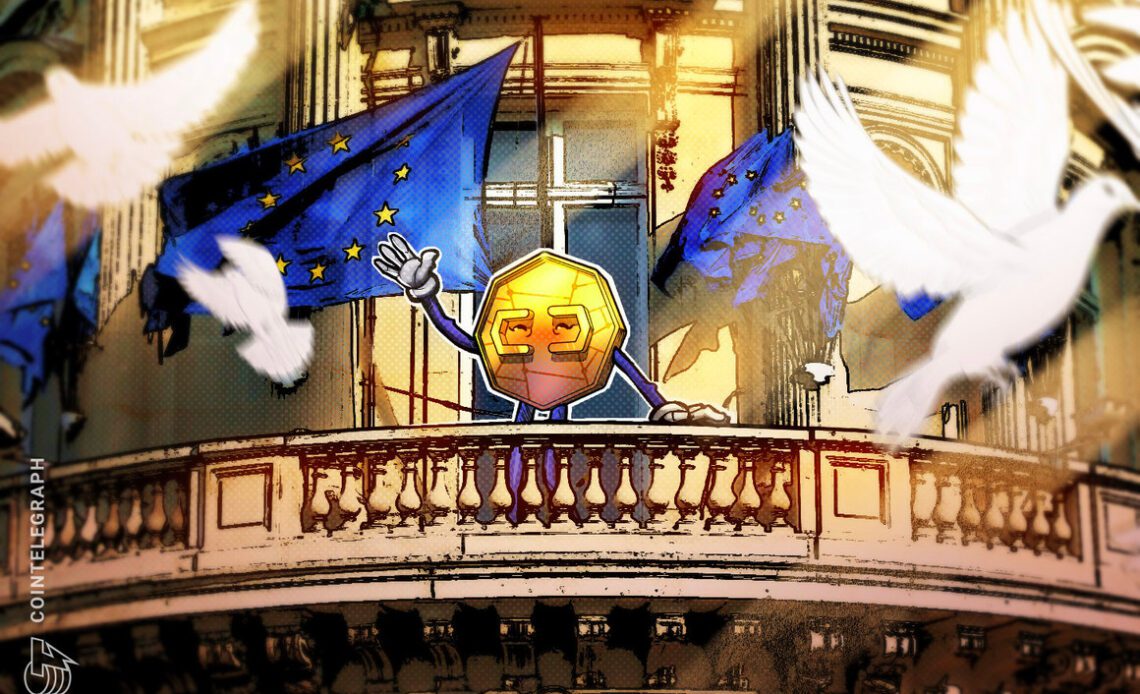The European Union has been vocal about its place in the rapidly expanding ecosystem of emerging technologies.
It has been a leader in establishing clear crypto regulations with its long-awaited Markets in Crypto-Assets (MiCA) framework signed into law in late May. The EU has also been pushing forward on creating regulations for the development and deployment of artificial intelligence (AI) systems.
Most recently, on July 11, the European Commission released its latest plan to take the lead in metaverse development and prevent Big Tech from becoming too dominant in an economically viable sector.
A European vision of the metaverse
The latest EU proposal estimated that the global market size for metaverse developments will exceed 800 billion euro by 2030, compared with its end-of-year value of 27 billion in 2022. McKinsey’s latest report on the state of the metaverse even has an estimated value of $5 trillion in the same timeframe.
According to the commission’s initiative, it wants to get ahead on metaverse development to reflect EU values and fundamental rights, along with a push for openness and interoperability.
Margrethe Vestager, the vice president of the European Commission, said the EU needs to have “people at the center” in order to shape it according to its principles.
“We want to make sure Web 4.0 becomes an open, secure, trustworthy, fair and inclusive digital environment for all.”
The commission held European Citizens’ Panels in February and April of 2023, which focused on the metaverse. It aimed to formulate suggestions for a “vision, principles, and actions” that ensure EU-based virtual worlds are fair.
According to the commission, 140 EU citizens were randomly selected for participation, which resulted in 23 recommendations that guided the strategy.
Integrating digital and real worlds is no longer science fiction.
Early this year, 140 European citizens put forward 23 recommendations to guide the development of human-centric, secure and trusted virtual worlds.
See how they helped shape our new strategy on virtual worlds ↓
— European Commission (@EU_Commission) July 11, 2023
The current pillars that the EU has decided on for its metaverse strategy include empowerment and reinforcing skills to create a pool of specialists in the field of virtual worlds, supporting an EU Web4 on a business level, supporting societal progress and virtual public services, and shaping standards for open and interoperable virtual worlds.
But…
Click Here to Read the Full Original Article at Cointelegraph.com News…
























